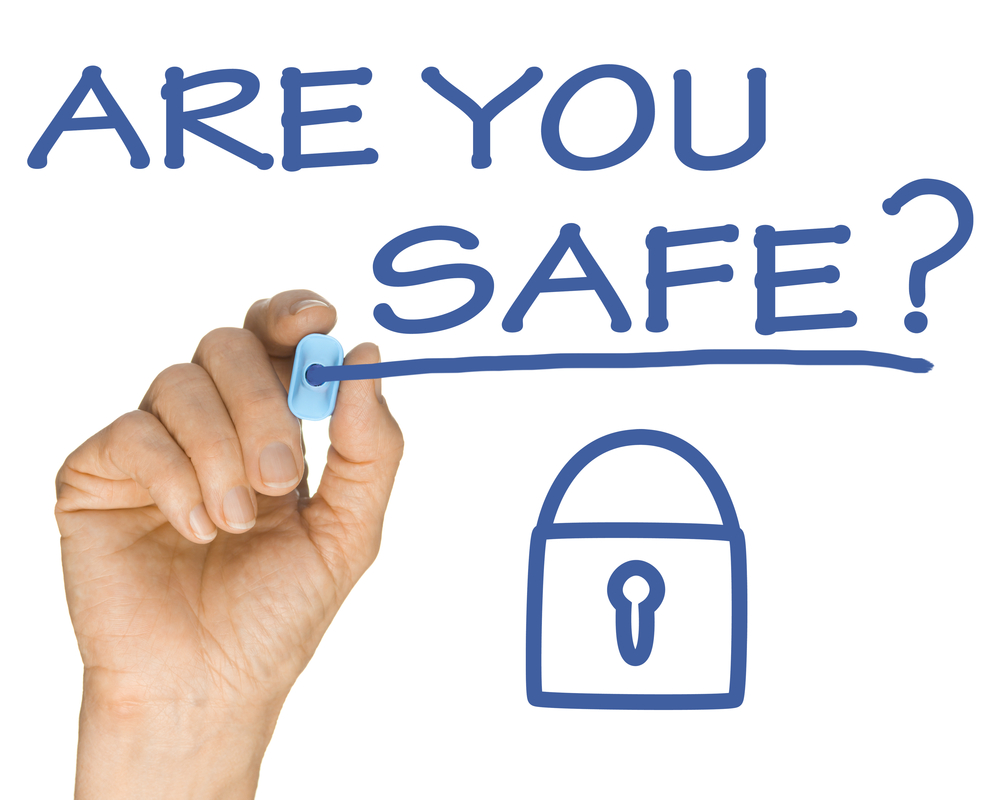Security should be taken seriously at any time of the year, but during the Holiday Season, consumers tend to get slightly more careless when it comes to dealing with online security. With just a few simple tips that anyone can adhere to, keeping sensitive information secure becomes a lot easier.
#6 Change Every Single Password
Password reuse is a severe threat to online security, but it is only one aspect of the multifaceted problem. Most people tend to use the same password for a particular service year in and year out. Even the securely generated passwords need an update every now and them. Although changing passwords is far from a glorious task, it is a good security practice to take one day of the year and change all passwords. Never use the new password on more than one platform, though, as that would be counterproductive.
#5 Start Backing Up Files If You Haven’t Already
One of the more common security practices that very few people adhere to is backing up important files and documents. Storing information in the cloud does not necessarily keep it safe from harm, as it is just hosted on a different computer. Keep offline copies of your images, videos, and documents at all times. A ransomware attack may be coming your way sooner or later, which means that accessing cloud storage is out of the question.
#4 Beware of Phishing Email Campaigns
In the Digital Age, phishing email campaigns are becoming very common. During the Holiday Season, these attacks will only intensify. Beware of emails containing links claiming to be related to a service you use. Companies will never ask you to click a link, so you can reset a password or confirm information. Always access these platforms by manually typing in the site address in your browser.
#3 RFID-Blocking Wallets
Opinions on RFID-blocking wallets remain somewhat divided up until this point. The purpose of such a wallet is to prevent electronic pickpocketing, also known as RFID skimming. With more and more payment and information cards containing a radio frequency identification chip, criminals are targeting consumers to steal their data wirelessly. However, it remains unclear if this an actual threat consumers should be worried about right now.
#2 Privacy Charging Case For Your Mobile
Smartphones are prone to a hacking and misuse, making them inherent security risks. A Privacy Charging case will minimize the risk of data being compromised, as well as providing a rugged exterior to prevent falling damage. Among its privacy features is a shutter to block camera lenses, as well as allowing for encrypted voice communication. Plus, the case can block microphones, and route calls messages emssages through an end-to-end encrypted protocol.
#1 A Smart Wallet
In the era of trying to make everything we use smarter, why not take a look at ways to enhance our wallets?. The Wocket smart wallet, for example, replaces existing payment cards with a single payment tool that resets every time it is used. This tiny electronic vault can store payment cards, as well as loyalty and membership cards. Slip in the WocketCard into the devcie, tap the card you need to use, and you are good to go. Plus, the device is biometrically linked to your voice, reducing the risk of compromising data if it would ge tlost or stolen.
If you liked this article, follow us on Twitter @themerklenews and make sure to subscribe to our newsletter to receive the latest bitcoin, cryptocurrency, and technology news.

